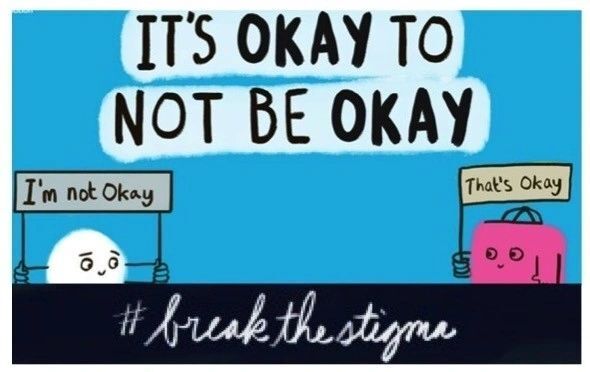
10 Oct A SILENT CRISIS IMPACTING YOUNG PEOPLE AT SCHOOL
Diversity and inclusion has been a phrase used by many businesses for over a decade however, for a lot of that time, employees saw limited or concrete action. Fortunately things are beginning to change as the reality dawns that not only is an inclusive attitude in the workplace right, it actually improves businesses and performance (https://bit.ly/2KcKDoa).
When we talk about diversity and inclusion we generally think of gender, ethnicity, sexual orientation and disability but are we missing something? Recent headlines point to a silent crisis, and equally important issue, that is not only impacting young people in and out of school (https://bit.ly/2WKiaHM) but also employees – mental health.
Stress, depression and anxiety, to name just a few, are some of the more common mental health issues facing society and impacting all ages and backgrounds. According to a recent article in HR Director (https://bit.ly/2Kc1pDT), £42billion is lost in productivity each year due to mental health issues. However, it is widely recognised that from the playground to the office we are failing to acknowledge or tackle this effectively. In another report (https://bit.ly/2VzJlEU) it was claimed that nearly two thirds of employees feel too embarrassed to admit a mental health issue and a similar amount felt that they could not talk about it with their boss.
Acknowledging mental health at work, addressing it and taking the stigma away from employees that want – or need – to talk about is vital. Let’s not wait another decade until we fully appreciate the significant impact this can have on our lives – inside and outside the office. It is not just government and health services that have a role to play. Businesses can take the lead in tackling this head on, and the fastest first step may well be by incorporating this growing issue within our diversity and inclusion strategies today. The fundamentals of diversity and inclusion sits with individuals knowing that they can be who they want or need to be at work without prejudice. These programmes have been established to help employees feel comfortable talking about themselves – when they want or need to – in a safe environment. It seems that this would be a powerful first step to tackle the mental health stigma.
